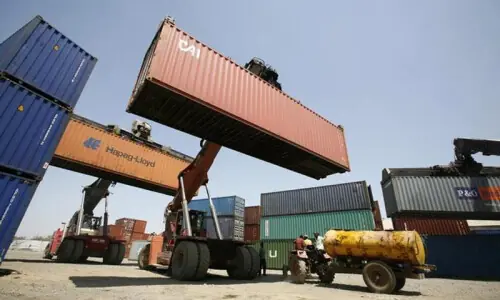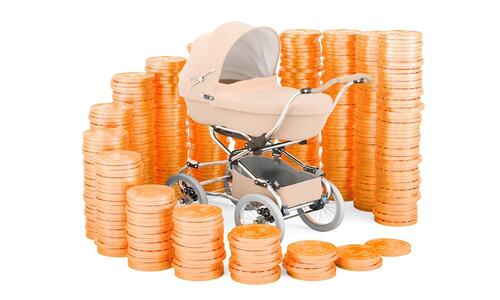ECONOMISTS and leaders of trade bodies fear that Bangladesh is set to lose its competitive edge in the global apparel business as trade ministers of 12 Asia Pacific nations last week struck a deal in Atlanta.
The hard-won landmark Trans-Pacific Partnership (TPP) agreement to create the world’s largest free-trade area, encompassing 40pc of the global economy, came after five days of round-the-clock talks.
But local exporters will face uneven and tough competition as the TPP has created the preferential trade zone between 11 countries including Vietnam, Bangladesh’s direct competitor in the global apparel market, and the US, the country’s single largest garment export destination.
At present, Bangladesh pays 15.62pc duty on its garment exports to the US, whereas Vietnam pays 8.3pc. The deal will make Vietnam’s garment exports to the American market completely duty-free.
Bangladesh’s competitiveness in the US market will erode, said Mustafizur Rahman, executive director of the Centre for Policy Dialogue, key civil society think tank in Bangladesh.
Furthermore, Bangladesh’s duty advantage on garment exports to some other TPP nations — Canada, New Zealand, Japan, Australia and Chile — will also take a hit.
“The deal has created an opportunity for Vietnam to get zero-duty benefit to enter markets in Japan, Australia, New Zealand and Chile. Bangladesh as a Least Developed Country has long been enjoying the same benefits in the same markets,” Rahman said.
The TPP is a mega regional trade deal, completely apart from the World Trade Organisation (WTO). So it will have an important implication for Bangladesh, as the country is a strong player in the world apparel business, he added.
“Investment decisions by entrepreneurs will also be affected by the trade agreement, making Vietnam a stronger candidate as a preferred destination, due to zero-duty access to other TPP nations, which control about 40pc of global economy,” Rahman also added.
“So, we should reduce the cost of business to maintain our competitiveness in international trade. We should also prepare to join such a mega deal, as some other countries are also planning for the agreement,” he said.
Bangladesh should also explore the issue of benefitting from the deal even without being a member of the TPP, and raise the issue at the upcoming 10th WTO ministerial meeting scheduled to be held in Kenya in December, he said.
The duty difference between Bangladesh and Vietnam — about 16pc for apparel export to the US — creates too much pressure, which the TPP will increase, said Matlub Ahmad, president of the Federation of Bangladesh Chambers of Commerce and Industry (FBCCI).
“So, we should focus not only on the US market, but also on the other countries where Bangladesh enjoys duty benefit. We should also diversify our apparel items for more value addition.”
“We should increase productivity in the factories to cushion ourselves against the probable losses in garment exports,” Ahmad said.
“If we see Bangladesh suffering massively, we will sit together and find solutions to the issue,” Ahmad added.
Vietnam will be a big beneficiary from the deal, said Ahsan H Mansur, executive director of Policy Research Institute, even though he could not quantify how much Bangladesh will lose every year as a result of it.
If Bangladesh had been a strong player in raw material exports such as yarn, fabrics and fibres, it would have benefited slightly from the deal, Mansur said. “But we do not export garment raw materials.”
He also said Bangladesh should liberalise its tariff structure as some other countries might also join the TPP in the near future, he said.
The average tariff in Bangladesh is 55pc, which limits the economy’s openness to business.
Pacific trade ministers including the US, Australia and Japan have reached a deal on the most sweeping trade liberalisation pact in a generation, which will cut trade barriers and set common standards for 12 countries, an official familiar with the talks said on Monday, the Guardian said in its report just after reaching the mega deal.
More than 18,000 taxes imposed by various countries on US products will be eliminated thanks to the partnership.
The deal could reshape industries and influence everything from the price of cheese to the cost of cancer treatments.
The Daily Star/Asia News Network
Published in Dawn, Business & Finance weekly, October 12th, 2015
On a mobile phone? Get the Dawn Mobile App: Apple Store | Google Play

































